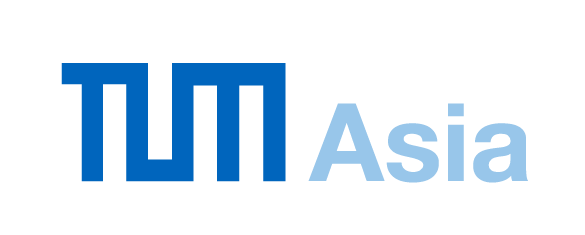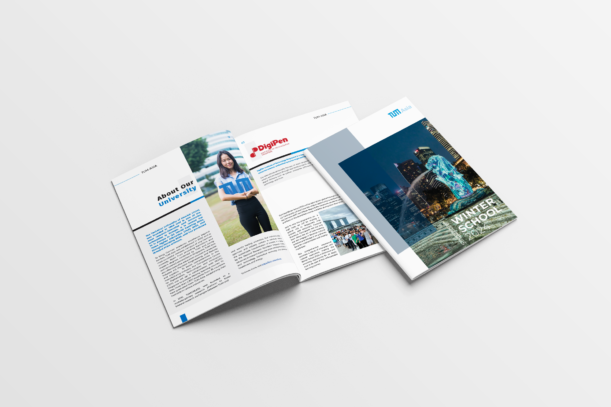In this comprehensive two-hour lecture, we embark on a journey through two interconnected modules, delving into the realms of sustainable consumption and entrepreneurship in the Singaporean context. The enlightening session will not only inform but empower participants to become catalysts for sustainable change in consumption and entrepreneurial endeavours.
Module 1: Sustainable Consumption
Introduction and Module Overview
We set the stage by understanding the significance of sustainable consumption. Participants gain insights into the environmental, social, and economic impacts of consumption habits.
Drivers of Consumption
Exploring the factors influencing consumer behaviour, we delve into the psychological, cultural, and economic drivers shaping our choices. Understanding these drivers is pivotal for encouraging sustainable decision-making.
Encouraging Sustainable Choices
The module concludes with practical strategies and initiatives promoting sustainable choices. From eco-labelling to behavioural interventions, participants gain actionable insights to drive positive change in consumption patterns.
Module 2: Entrepreneurship in Sustainability in Singapore
The Singapore Green Plan
We shift focus to entrepreneurship in sustainability by dissecting the Singapore Green Plan. Participants explore the nation’s ambitious sustainability goals and the role entrepreneurs play in achieving them.
Sustainability Landscape from an Entrepreneurial Perspective
Examining the broader sustainability landscape, we analyse trends, challenges, and opportunities. Participants gain a nuanced understanding of how entrepreneurs can navigate and contribute to the evolving sustainability ecosystem.
Opportunities in Entrepreneurship towards a Sustainable Future
The lecture concludes with a forward-looking perspective, uncovering the myriad opportunities for
entrepreneurship in building a sustainable future. From green tech innovations to circular economy models, participants leave with actionable insights to embark on their entrepreneurial sustainability journey.
Presenter: Ms. Suzanna Tang, Urban Origins/strong>



